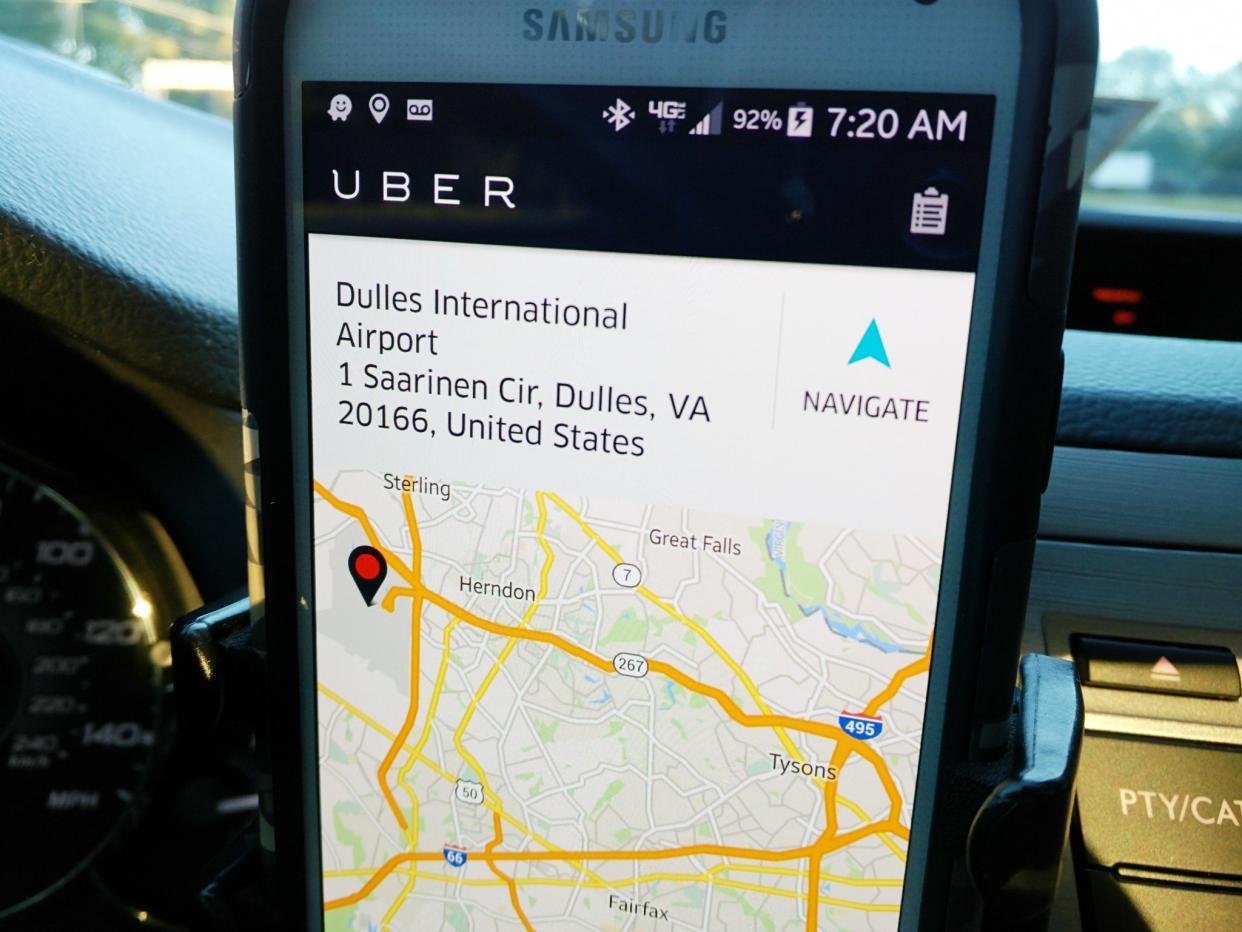Uber avoids costly price-fixing court fight in legal triumph for Silicon Valley tech companies

An unhappy Uber customer's lawsuit alleging price-fixing has been diverted from a court battle, a victory for both the ride-hailing giant and for tech companies hoping to enforce the fine print of service agreements.
The argument underpinning the decision revolved around a scenario familiar to anyone with a smartphone: what happens when a customer assents to the often-dense terms of service attached to using a new app.
In directing the case to arbitration, the United States District Court of Appeals for the Second District, vindicated Uber and other tech firms who argued customers should be expected to be bound by what they agreed to - even if that would mean wading into a thicket of text.
"While it may be the case that many users will not bother reading the additional terms, that is the choice the user makes," the Second Circuit's decision says.
That is a significant point for companies that gain new customers through online agreements, often using their phones. Uber attorney Theodore Boutros said the decision "will serve to protect online contracting and strengthen commerce nationwide."
Connecticut resident Spencer Meyer filed an antitrust lawsuit against Uber for what a complaint characterised as a deliberate scheme "to fix prices among competitors and take a cut of the profits." The lawsuit cites Uber's policy of surge-pricing, or hiking the cost of transportation when demand for cars spikes.
Beyond the implications for Uber's pricing policy, the lawsuit threatened to have a broader impact on whether companies can settle such challenges in arbitration rather than in court. Consumer advocates and trial lawyers often assail arbitration as favouring businesses over employees or customers, while supporters view the process as a speedier way of resolving disputes. Arbitration clauses often involve waiving the right to a jury trial or a class action lawsuit, as Uber's does.
Brian Feldman, an attorney representing Mr Meyer, disputed that the case would go to arbitration, saying in an email to the Independent that Uber “waived that right.”
“We look forward to pressing ahead with the litigation,” Mr Feldman said.
An initial ruling supported Mr Meyer's attempt to take Uber to trial despite the company's argument that Mr Meyer had agreed to arbitration in signing up for Uber and accepting its terms of service. Judge Jed Rakoff ruled last year that those terms were "barely legible" for customers signing up on their phones, as Mr Meyer had, and required deciphering "highly legalistic language that no ordinary consumer could be expected to understand."
"One might be tempted to argue that the nature of electronic contracts is such that consumers do not read them, however conspicuous these contracts are, and that consumers have resigned themselves simply to clicking away their rights," Judge Rakoff wrote. "But that would be too cynical and hasty a view, and certainly not the law."
That ruling could have caused significant repercussions for companies that rely on customers agreeing to terms with the tap of a finger. An industry group called the Internet Association objected to Mr Rakoff's decision, arguing in a court filing that the "increasingly ubiquitous use of smartphones" makes such transactions commonplace - and that customers understand should understand they're agreeing to terms when they use their devices to sign up for services.
"Such a consumer understands the limitations – such as, most basically, screen size – involved in transacting over their smartphones and tablets, but engages in those transactions anyway," the filing argues.

 Yahoo News
Yahoo News 
